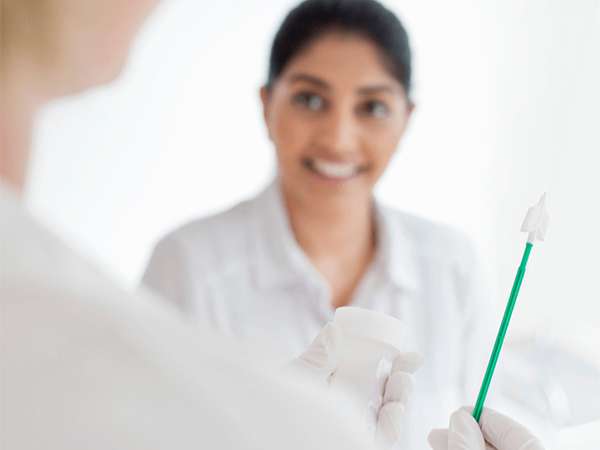Pap-Smear

What is a Pap Smear?
During a Pap smear, cells from your cervix are gently scraped away and then examined under a microscope for any abnormal growth. This test is typically performed during a routine pelvic exam.
Why is a Pap Smear Important?
Cervical cancer is one of the most preventable types of cancer, especially when detected early. Regular Pap smears can identify abnormal cells before they turn into cancer, allowing for early intervention and treatment.
Who Should Get a Pap Smear?
- Age 21-29: Women in this age group should have a Pap smear every three years.
- Age 30-65: Women should have a Pap smear combined with an HPV test every five years, or a Pap smear alone every three years.
- Age 65 and Older: Women who have had regular screenings with normal results may no longer need Pap smears. However, those with a history of cervical cancer or pre-cancer should continue testing.
What to Expect During a Pap Smear
The procedure is quick and straightforward, typically taking only a few minutes:
- Preparation: You will lie on an examination table with your feet in stirrups.
- Speculum Insertion: A speculum is gently inserted into the vagina to hold it open and provide access to the cervix.
- Cell Collection: Using a small brush or spatula, the healthcare provider will collect cells from the cervix.
- Completion: The cells are then sent to a lab for analysis, and you can get dressed.
Understanding Your Pap Smear Results
- Normal (Negative) Result: No abnormal cells were detected, and you can continue regular screenings.
- Abnormal (Positive) Result: Abnormal cells were found, which does not necessarily mean you have cancer. Further testing, such as a colposcopy or a biopsy, may be needed to determine the cause.
Preparing for a Pap Smear
To ensure accurate results, follow these guidelines:
- Avoid Intercourse: Refrain from sexual activity 48 hours before the test.
- No Vaginal Products: Do not use tampons, creams, or douches 48 hours before the test.
- Schedule Appropriately: Try to schedule the test when you are not menstruating.

CONTACT